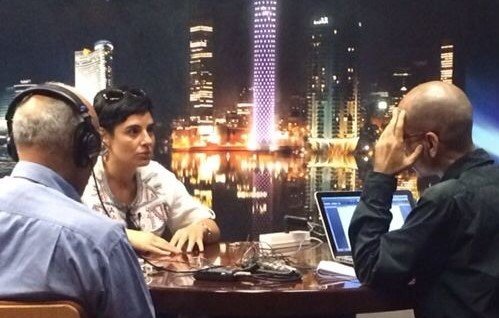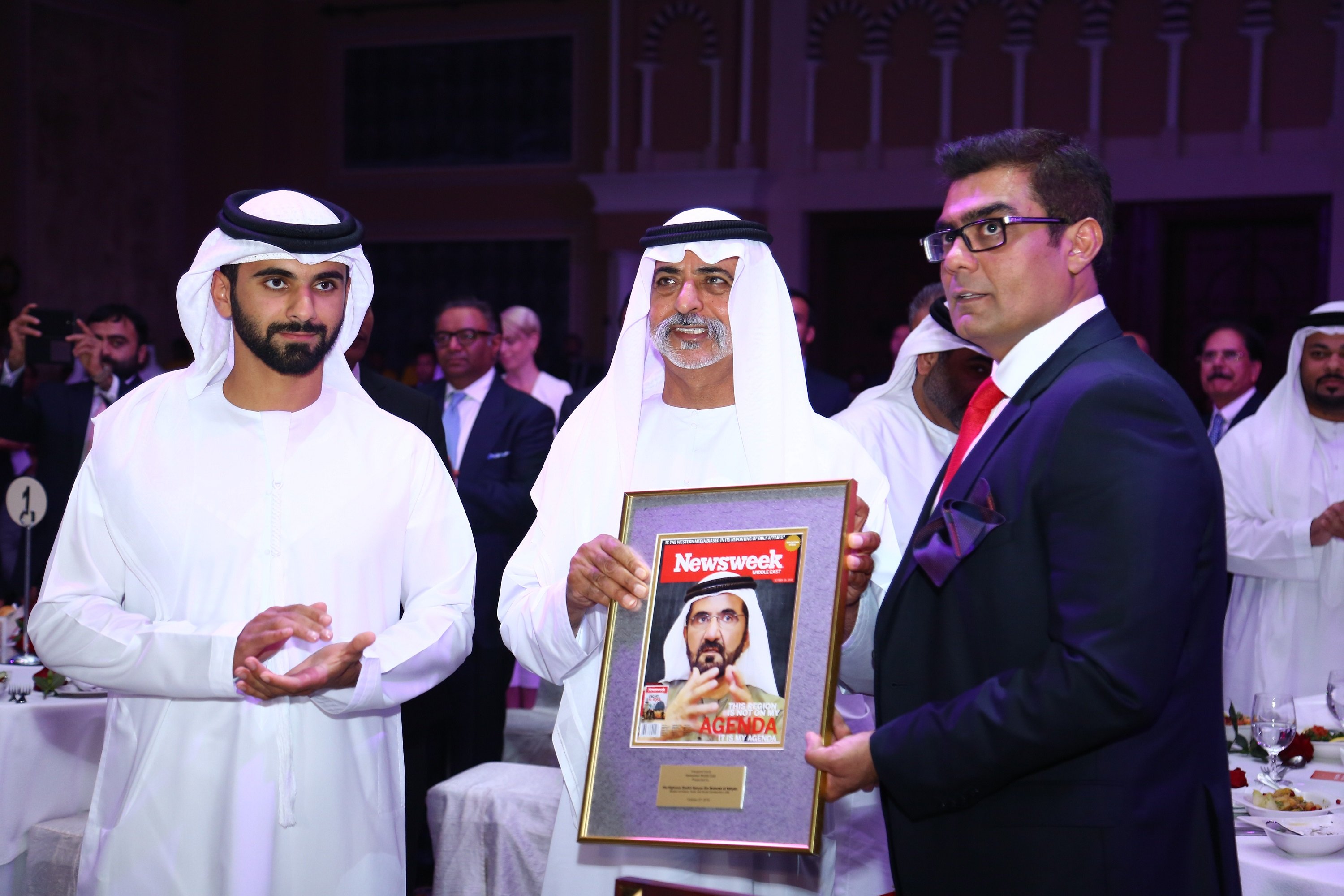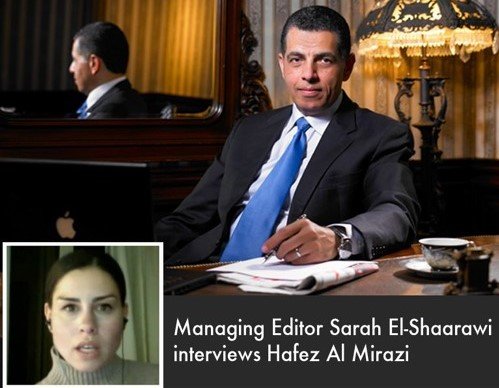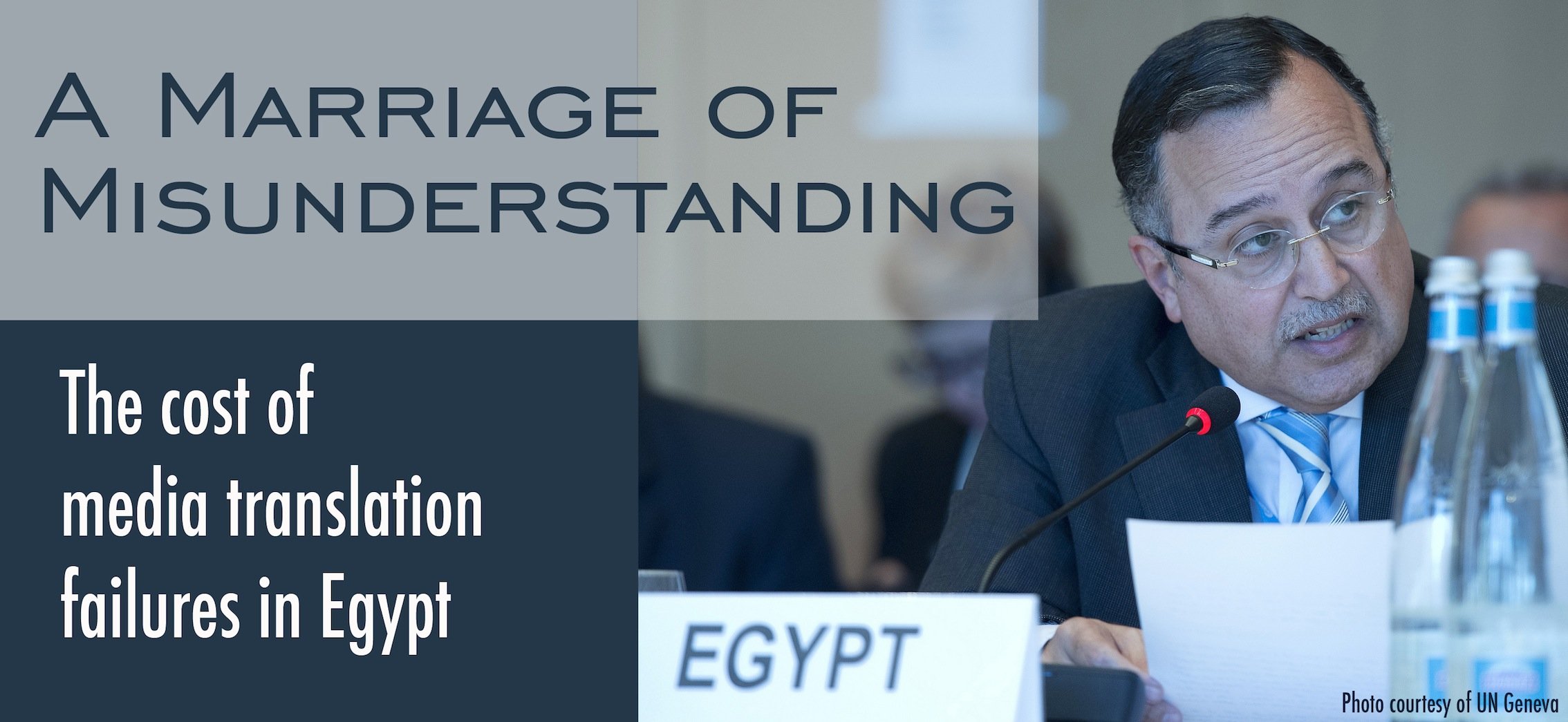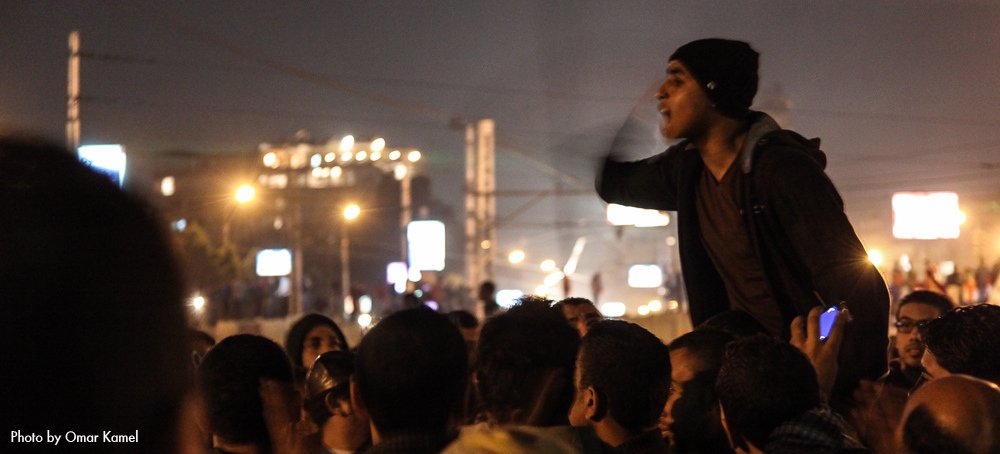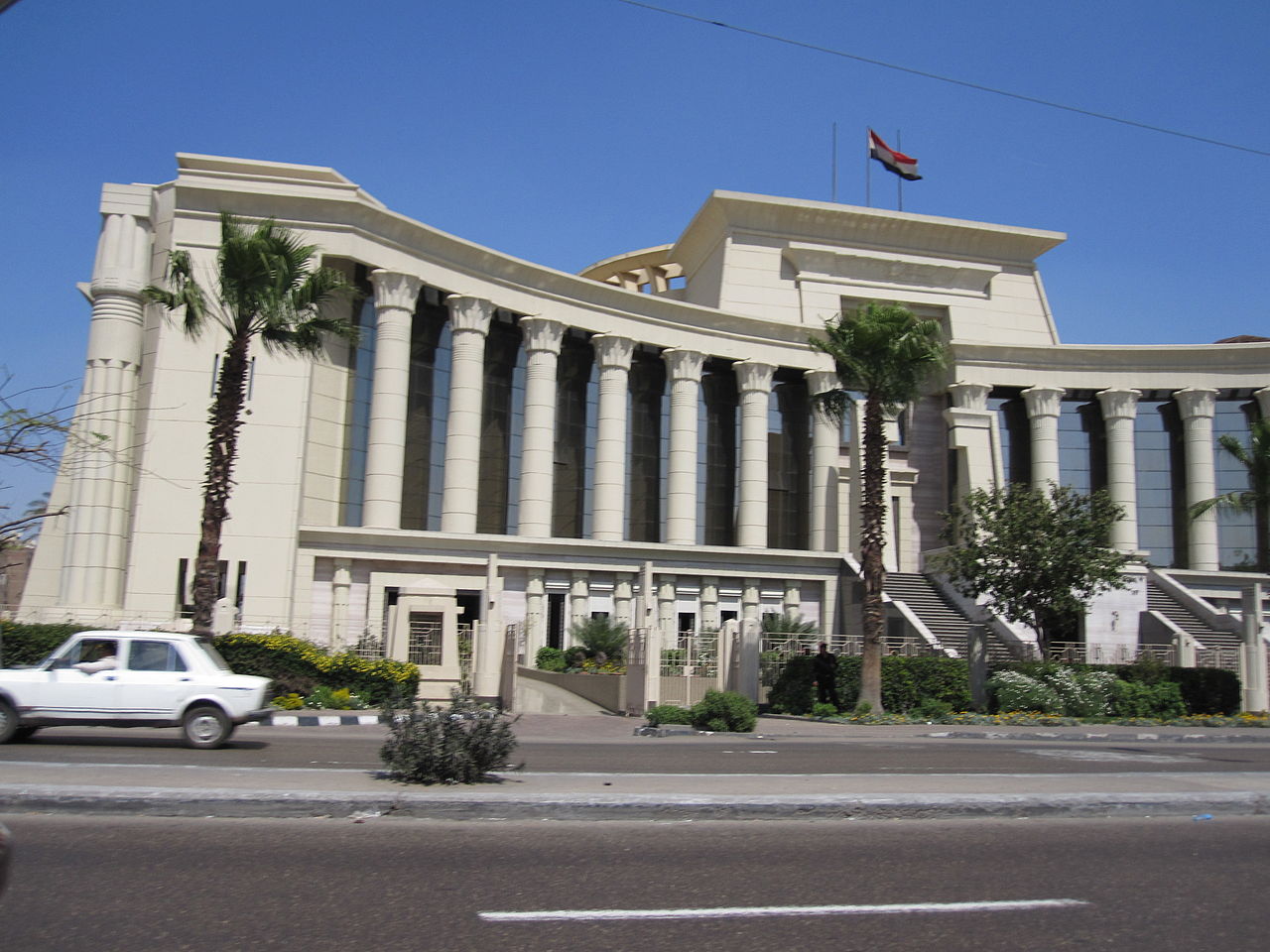In the 1960s, marginalized and disenchanted by the social order, veteran journalist Abdallah Schleifer joined a rebellious literary movement and became a social revolutionary. Decades later, he reflects on what attracted him to the far left movement. In this excerpt from a longer conversation, Schleifer unpacks what draws marginalized youth to ISIS, articulating that just like the social revolutionary movements of the ’60s, the appeal of ISIS is not ideological, but rather existential.
Read More »no
PODCAST | The Paris Attacks and the Refugee Narrative
With the tragic attacks in Paris last week, the emerging discourse has inevitably connected this atrocity to the migration crisis, particularly the influx of Syrian refugees into Europe. The closing of borders, and the decision to further restrict the flow of refugees by several Western countries has further escalated the already contentious debate about how best to handle this crisis. In light of this, we speak with The Guardian correspondent Patrick Kingsley about the media narrative around the crisis.
Read More »PODCAST | Questioning the Narrative
Abdalla Hassan, author of Media, Revolution and Politics in Egypt (I.B. Tauris) and Associate Director of the Adham Center for Television and Digital Journalism, speaks with outspoken TV presenter Reem Maged about the post-revolution media landscape and freedom of expression in Egypt. Maged spoke to us following her lecture on "Media Manipulation" at the American University in Cairo.
Read More »Newsweek Lands in the Middle East
Last week a Middle East version of veteran American publication Newsweek was launched by the Dubai-based Pakistani broadcasting company ARY Digital Network. This marks the eighth international edition of the 82-year-old publication. We speak with senior deputy editor Leila Hatoum about the new venture. (Arab Media & Society)
Read More »PODCAST | Tackling Egypt’s National Broadcasting Dilemma
For the first episode of the Arab Media & Society Podcast, Managing Editor Sarah El-Shaarawi speaks with Hafez Al Mirazi, a veteran of Arab and international broadcasting and Director of the Adham Center for Television and Digital Journalism at the American University in Cairo about why reforming Egyptian national broadcasting is essential to its survival.
Read More »A Marriage of Misunderstanding
In April 2014, Egypt’s then foreign minister Nabil Fahmy used a marriage simile to describe the country’s relationship with the United States. At home, the expression didn’t translate. Muhammad Y Gamal discusses the challenges associated with media translation, and makes a case for the development of a coherent media translation policy in Egypt.
Read More »Covering Al Qaeda: Unpublished excerpts from our 2003 interview with Yosri Fouda
In the spring of 2002 Al Qaeda selected Yosri Fouda, Al Jazeera’s then London Bureau Chief, to interview two of the most wanted leaders within the organization, Khalid Sheikh Mohammed and Ramzi Bin Al-Shiba. This represented the first public admission that Al Qaeda was in fact responsible for the attacks …
Read More »POLICY REVIEW | After the Arab Uprisings: The Prospects for a Media that Serves the Public.
Managing Editor Sarah El-Shaarawi conducts an in depth review of BBC Media Action's policy breif After the Arab Uprisings: The prospects for a media that serves the public, examining the viability of their proposed recommendations for reforming Arab national broadcasters.
Read More »What is There to Celebrate?
It was recently announced that Arab “media experts” are planning to “celebrate” Arab Media Day on April 21, 2016. The theme for the first day of what is meant to become an annual tradition is “The role of the [Arab] media in combating terrorism”. The mockery is surely multi-faceted. One …
Read More »How Egyptian Laws Contradict the Universal Principles of Freedom of Media & Press
“I should not hesitate a moment to prefer the latter.” This was Thomas Jefferson’s decisive answer when asked to choose between “a government without newspapers or newspapers without a government.” Throughout the past four centuries, the universal avowal of democracy and the rule of law have dramatically evolved. As a …
Read More » Arab Media & Society The Arab Media Hub
Arab Media & Society The Arab Media Hub


